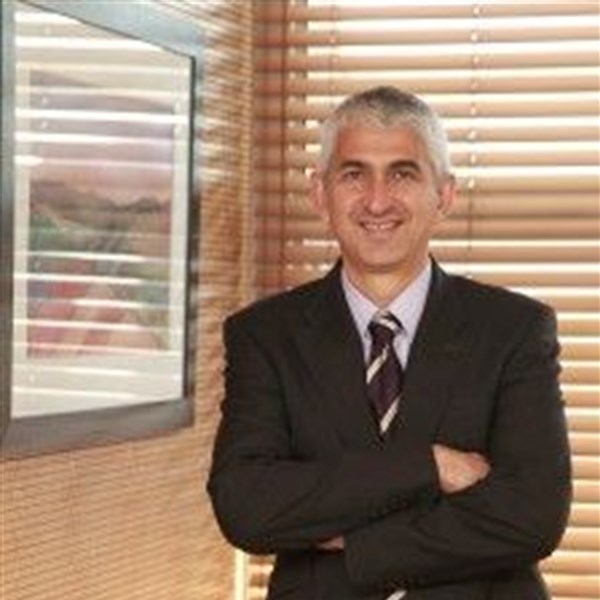Discovery Health recovers R568m through fraud-control activities in 2017

According to Discovery Health CEO, Dr Jonathan Broomberg, efforts to curb fraud in the healthcare system resulted in R568m recovered on behalf of client schemes in 2017, compared to R405m in 2016. Further, fraud-control activities in which health professionals and others contemplating fraud desist from committing fraud in reaction to visible policing and action by Discovery Health, prevented additional fraud to the value of approximately R3bn over the last two years, adds Broomberg.
|
Discovery Health CEO, Dr Jonathan Broomberg |
Discovery Health has invested substantially in fighting the scourge of healthcare fraud. Efforts include the deployment of a specialised team of over 100 analysts and professional investigators as well as a proprietary forensic software system that uses sophisticated algorithms to analyse claims data and identify any unusual claim patterns. Invaluable tip-offs from whistleblowers also help to identify fraud.
The volume of cases reported to the forensic unit continues unabated with the trends of the top offenders, provinces and types of offences remaining relatively unchanged. Gauteng (2,595), KZN (916) and the Western Cape (773) had the highest number of fraud cases reported in 2017 with the Northern Cape (5) having the least number of fraud cases reported in 2017.
Top offenders
The vast majority of healthcare providers are honest, hard-working, highly ethical people who deliver diligent care to their patients. However, analysis of forensic investigations reveals that a minority of healthcare professionals committed fraud against medical schemes, resulting in significant costs to schemes and their members. Discovery Health data also shows that general practitioners and pharmacies are amongst the top offenders while paediatricians and ophthalmologists had the lowest number of cases reported in 2017.
“Medical aids are not-for-profit entities, solely funded by member contributions. This means that schemes have finite resources from which to pay member claims. The burden of lost funds as a result of fraud would be significantly more serious in the absence of our rigorous approach to investigating potential fraudulent behaviour and dealing decisively with fraud when it is identified. Without this rigorous approach, fraud depletes the available pools of funds needed for healthcare treatment for members, and also drives up premiums,” explains Broomberg.
Types of offences perpetrated against medical schemes
The main offence in 2017 was claims submitted for services not rendered for medicines and medical devices never supplied. A common trend in 2017 involved pharmacies supplying members of medical schemes with non-claimable items such as baby formula, nappies, cosmetics and shoes yet submitting claims for prescription medicines. In other instances, medicines or services are supplied to non-members and are then claimed using a member’s medical aid card. Sometimes pharmacies or doctors dispense generic medicines, yet claim for higher cost original medicines.
Discovery Health has also exposed doctors who admit healthy patients to the hospital and submit false claims on their behalf to both their medical aid and to the member’s cash-plan (a lump sum, cash pay-out that helps to pay for any shortfall in hospital fees covered). The proceeds received by the “patient” are shared with those in the fraud syndicate.
Fraud threatens the future of healthcare
“Discovery Health has invested substantially in fighting the scourge of healthcare fraud. Although we have secured large recoveries as a result of our fraud avoidance efforts, we believe that this is only part of the story, and fraudulent activity and billing abuse most likely costs medical aid schemes several billion rands per year. These precious funds could be used to pay for the critical healthcare needs of our medical aid members,” explains Broomberg.
Alongside a host of other local medical aids and their administrators, Discovery Health is working closely with the South African Medical Association and other industry bodies to ensure zero tolerance for fraud, and to ensure that all offenders are brought to book. “As a criminal offence, healthcare fraud not only tarnishes the good name of honest health professionals but is a grave injustice against medical aid members, driving up premiums and depriving them of benefits,” adds Broomberg.